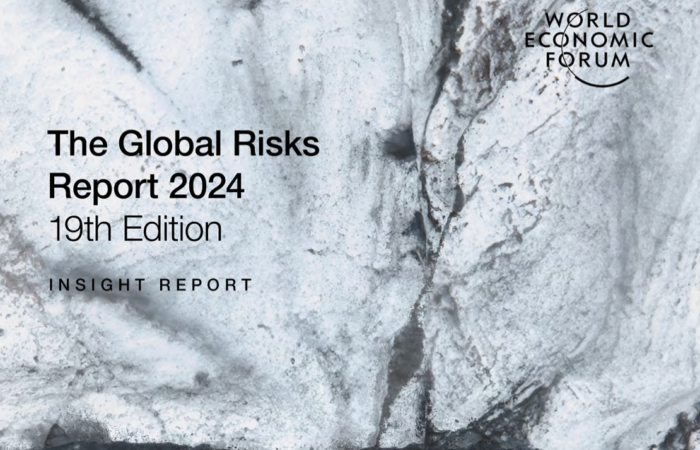
Much has been said about artificial intelligence. In addition to commenting on the subject, it seems that we are consuming information and data about AI, but not giving an opinion on what we want from it. Technology will be an inseparable part of everyday life, bringing impact to people's lives – with the risk of affecting the reputation of companies, governments and individuals.
The relationship between reputation and technology is not new. Communication has evolved a lot in its scope, especially in the last two decades. It went from a system in which one transmitter spoke to many receivers (as in the case of newspapers, radio and TV) to one in which transmitters and receivers communicate bi-, tri- or multi-directionally, thanks to the Internet. These systems are considered as a basis, not only for building the reputation of individuals and legal entities, but also as a form of relationship with them.
In this era of complex challenges, we need to use the scale of collective capacity to design the future. After all, for those who don't know where they're going, any place will do. Do you agree that thinking about the consequences for your reputation after defining a regulatory model will be much more complex?
In the case of artificial intelligence, these rules are yet to be shaped and the dynamics of this market will be defined. But, apparently, in this regard, we are just functioning as receivers of information, avoiding (or even being discouraged from) having individual positions. However, this can and should change from now on. A Abranet and ITS joined leaders from various sectors in the Artificial Intelligence and Society Council (CIAS) and a public consultation open to broad participation was launched to discuss the regulation of artificial intelligence in Brazil. The consultation website is: https://www.oquequeremosdaia.com.br/
The central question is what Brazil wants from artificial intelligence? By Brazil, we refer to all of us. With this response, the second phase of the consultation will draft a model law for artificial intelligence that reflects the country's needs and desires in this area, as consensus is reached. The space is now open for contributions. We want to listen to people, entrepreneurs and social initiatives (among others) to change this logic that we should be consumers of the technological future that is presented to us.
We know that reflection is not always easy, but we need this collaborative movement to update our role in the face of technology, position Brazil in web 3.0 actively and produce assertive legislation, capable of favoring businesses and people in the country.
The pros and cons of technology
According to a report by Time magazine, AI is the most important revolution since the creation of social media. Hugh Forest, co-president and director of programming at SXSW, also raised the issue in March 2024: “I'm really excited about the possibilities of AI. But I'm also extremely apprehensive about the negative possibilities. Governments need to get involved to provide guidelines and guidance. I don’t know what this regulation should look like, but there are many brilliant minds who can figure out these details,” he said.
Those who work in the area believe that this is just the beginning: artificial intelligence will reorient the way we work and engage with the world. Among the advantages are unlocking creativity and scientific discoveries and allowing humanity to activate unimaginable things – PwC predictions say that all of this could boost the global economy to more than US$ 15 trillion in 2030. The problem, for those who study the subject, is to repeat the biggest sin of the social network: prioritizing growth over security, spreading misinformation and strengthening hate speech.
We need brilliant minds who will use technologies to find the optimal point between all these variables. It is no longer possible to depend solely on regulators as creators of solutions. As Forest also said, despite the vast majority of SXSW talks claiming that AI would make us more creative, it's hard to be sure that will happen if we lose what it means to be human.
In this era of complex challenges, we need to use the scale of collective capacity to design the future. After all, for those who don't know where they're going, any place will do. Do you agree that thinking about the consequences for your reputation after defining a regulatory model will be much more complex?

Carol Conway is president of the Brazilian Internet Association (Abranet).
Signed articles reflect the opinion of the authors.



